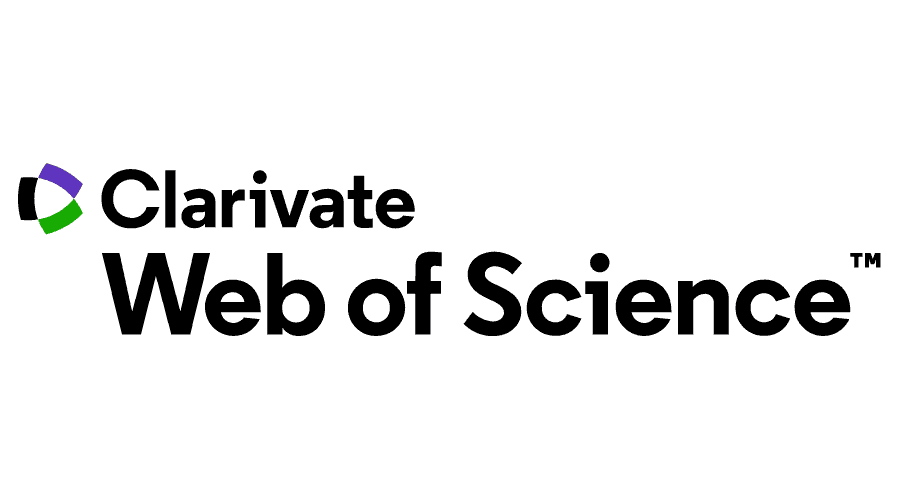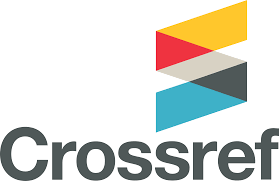Abstract
Research Aims: This study investigates the mediating role of trust in explaining the effect of learning orientation and market orientation on the export performance of small and medium enterprise (SME) exporters in emerging markets. Design/methodology/approach: Survey data from 193 Malaysian SME exporters were used to test a series of hypothesised relationships. The sample was derived from the directory of the Federation of Malaysian Manufacturers, which consists of Malaysian wholly owned cross-industry manufacturing SMEs with 10-200 full-time employees. The instrument was developed using existing scales, and the research model was estimated using partial least square structural equation modelling. Research Findings: The findings reveal that trust is directly related to export performance. Learning creates dynamism in firms' processes and enables the utilisation of information in a way that allows firms to respond to the variability of customers' needs. Theoretical Contribution/Originality: This study contributes to theoretical development by highlighting the role of learning in the relationship between market orientation and trust between SME exporters and foreign importers. Managerial Implications in the Southeast Asian Context: Managers of small businesses in Southeast Asia should not be disconcerted by the smallness and limited resources of their firms. In an environment characterised by rapid market changes, SMEs must rely on dynamic capabilities to develop their competencies and leverage foreign partner resources. Research Limitations & Implications: First, the responses were mainly obtained from exporters. This is in contrast to a dyadic relationship, which concerns interactions between partners: exporters and importers. Second, this study is limited by its context, which is the manufacturing sector.
Recommended Citation
Ismail, Md Daud and Isa, Mohd. Aswardi Md.
(2021)
"Export Performance of SMEs in Emerging Markets: The Role of Market Orientation, Learning and Trust,"
The South East Asian Journal of Management: Vol. 15:
No.
1, Article 7.
DOI: 10.21002/seam.v15i1.13072
Available at:
https://scholarhub.ui.ac.id/seam/vol15/iss1/7
Included in
Management Information Systems Commons, Management Sciences and Quantitative Methods Commons













